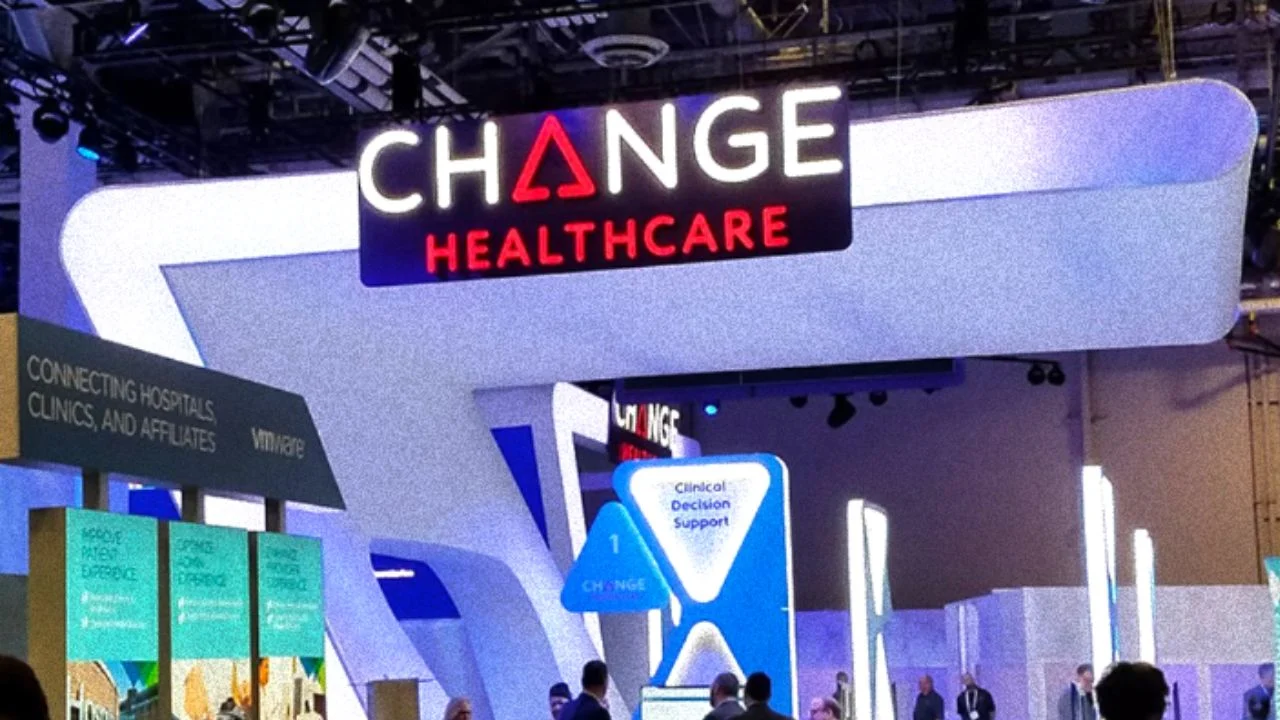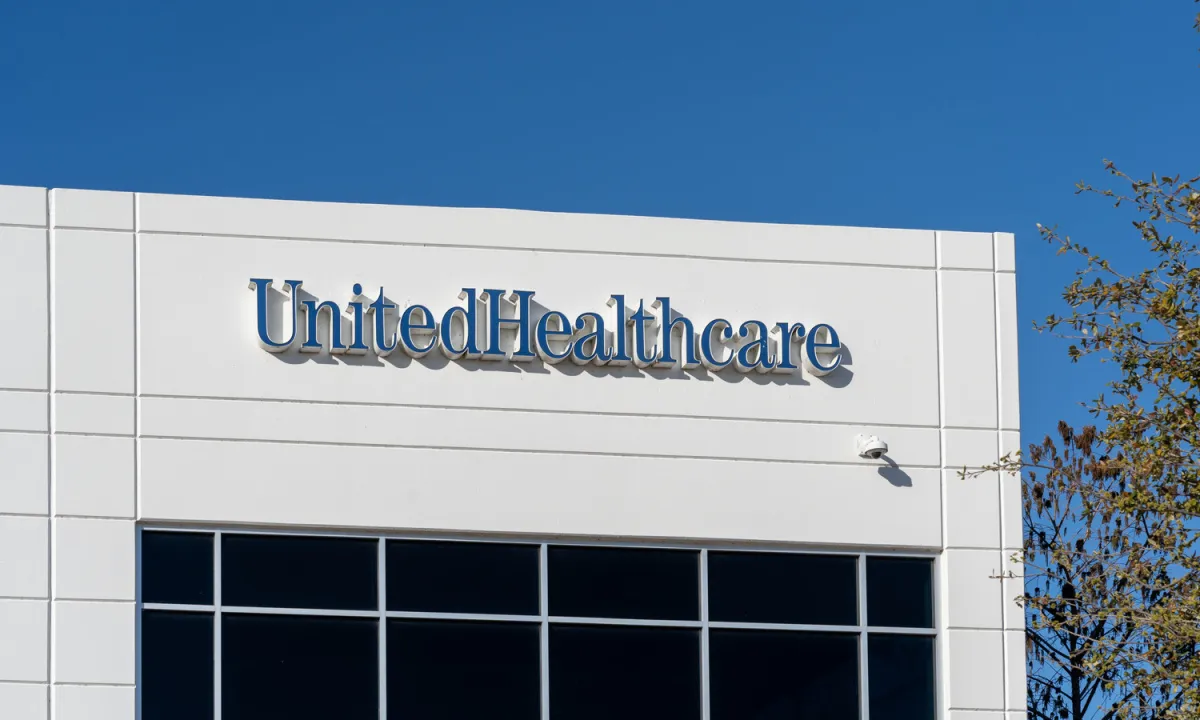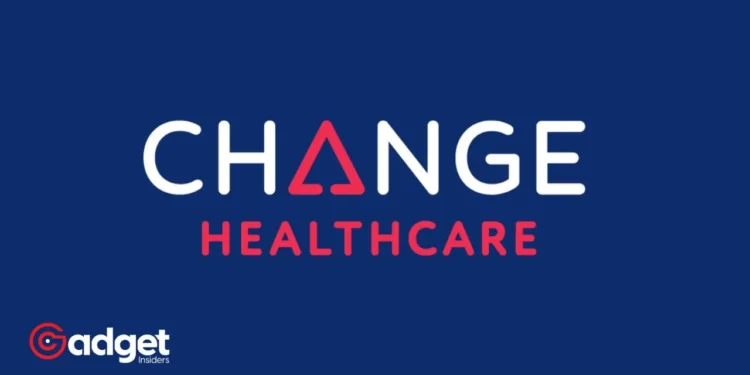In the world of healthcare, where the protection of sensitive patient information is paramount, the recent cyberattack on Change Healthcare has cast a long shadow, prompting a federal investigation and raising serious questions about the security of health information systems. This incident not only disrupted the healthcare services of thousands but also exposed potential vulnerabilities in the safeguarding of protected health information (PHI).

Change Healthcare: A Swift Federal Response to a Digital Crisis
The cyberattack on Change Healthcare, a crucial player in the healthcare transactions processing sector, has drawn the immediate attention of the US Department of Health and Human Services’ Office for Civil Rights (OCR).
The OCR’s decision to launch an investigation into the breach signifies the severity of the situation and underscores the federal government’s commitment to the protection of PHI.
Occurring on February 21, the ransomware attack orchestrated by the notorious Alphv/BlackCat group severely impacted Change Healthcare’s claims and payment infrastructure. This disruption affected over 7,000 pharmacies and hospitals, hindering their ability to process prescriptions and causing a ripple effect across the healthcare system.
UnitedHealth Group, the parent company of Change Healthcare, has since worked tirelessly to restore services, reassuring stakeholders that normal operations are on the horizon.
UnitedHealth Group said Monday that it’s paid out more than $2 billion to help health-care providers who have been affected by the cyberattack on subsidiary Change Healthcare. https://t.co/ruyTWs7N4b
— NBC News (@NBCNews) March 19, 2024
The Financial and Operational Fallout
In a desperate attempt to mitigate the damage, Change Healthcare reportedly paid a staggering $22 million ransom. However, this move only led to further complications as the attackers engaged in an exit scam, betraying their affiliates and leaving Change Healthcare in a precarious position.
his incident highlights the complex and often murky world of cyber ransom negotiations, shedding light on the risks organizations face when engaging with cybercriminals.
The OCR’s Proactive Stance
In the wake of this cyberattack, the OCR has emphasized the importance of compliance with the Health Insurance Portability and Accountability Act (HIPAA) regulations.
The investigation will focus not only on the breach itself but also on whether Change Healthcare and UnitedHealth Group adhered to HIPAA’s stringent privacy, security, and breach notification rules. This proactive stance serves as a reminder to all healthcare entities of their regulatory obligations and the critical need for robust cyber defense mechanisms.

A Broader Impact on the Healthcare Industry
The cyberattack on Change Healthcare is not an isolated incident but part of a disturbing trend of ransomware attacks targeting the healthcare sector. These attacks not only jeopardize the privacy and security of patient information but also threaten the operational continuity of healthcare services.
As the OCR rightly points out, such attacks pose a direct threat to critically needed patient care and the essential operations of the healthcare industry.
In this digital age, the healthcare sector must remain vigilant against the ever-evolving threat of cyberattacks. The federal investigation into the Change Healthcare incident serves as a crucial step in understanding the vulnerabilities that led to this breach and developing stronger safeguards to protect the sanctity of healthcare information.
As the industry moves forward, it is imperative that healthcare providers, business associates, and transaction processing firms like Change Healthcare and UnitedHealth Group not only comply with regulatory requirements but also foster a culture of cybersecurity resilience to protect against future threats.
The path to recovery and strengthening the healthcare industry’s defenses against cyber threats is complex and fraught with challenges. However, through collaboration, compliance, and a commitment to cybersecurity, the healthcare sector can hope to shield itself from the shadows of cyber threats and ensure the safety and privacy of patient information.










